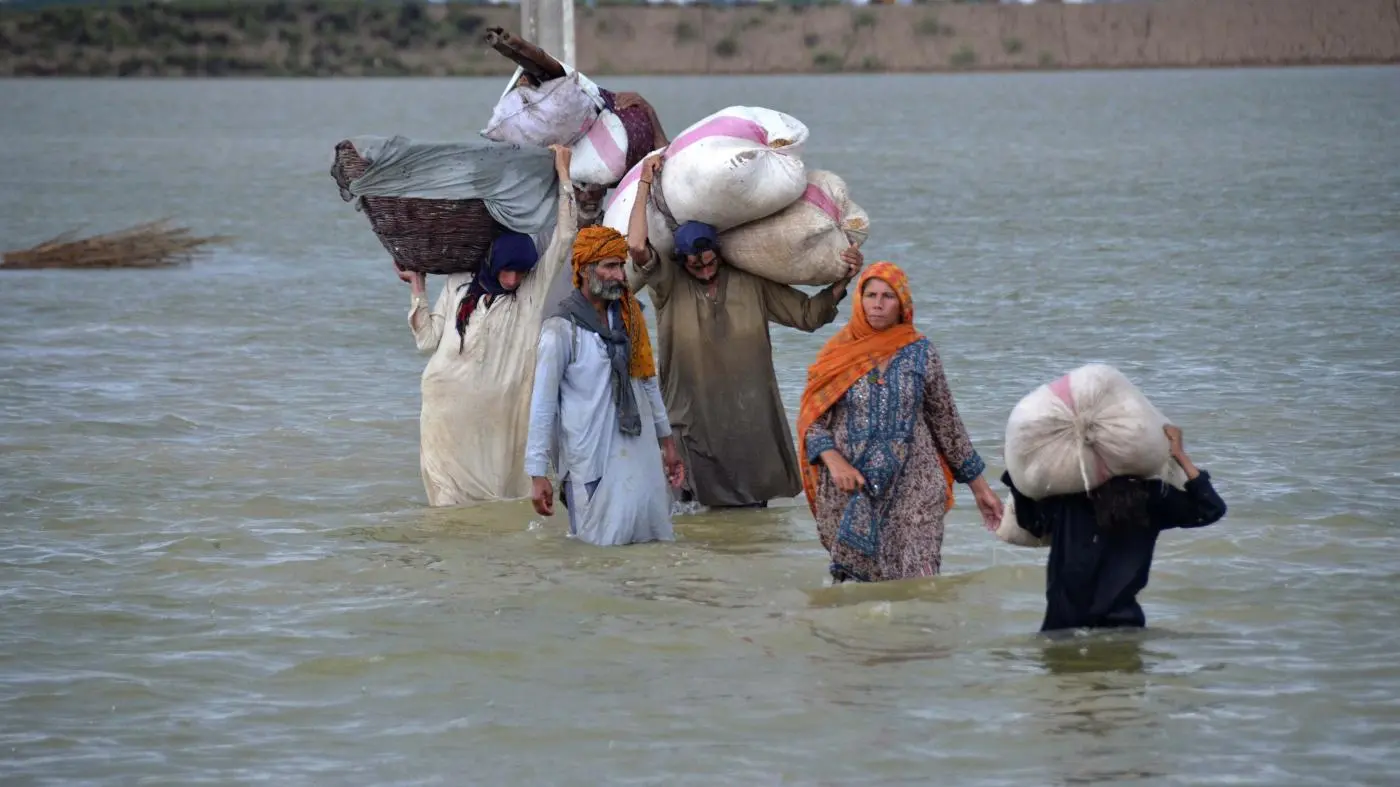

The Pakistani government did not amend or repeal blasphemy law provisions that have provided a pretext for violence against religious minorities and have left them vulnerable to arbitrary arrest and prosecution. The death penalty is mandatory for blasphemy, and dozens of people remained on death row as of late 2021.
Members of the Ahmadiyya religious community continue to be a major target for prosecutions under blasphemy laws, as well as specific anti-Ahmadi laws. Militant groups and the Islamist political party Tehreek-e-Labbaik (TLP) accuse Ahmadis of “posing as Muslims.” The Pakistan penal code also treats “posing as Muslims” as a criminal offense.
In January, an anti-cybercrime court sentenced Aneeqa Atiq, a woman, to death for sharing “blasphemous content” on WhatsApp. In February, Mushtaq Ahmed, who had a psychosocial disability, was stoned to death by a mob for allegedly desecrating the Quran, in Khanewal, Punjab.
In March, a 21-year-old woman in Dera Ismail Khan, Khyber-Pakhtunkhwa province was killed by three women who accused her of blasphemy. According to the police investigation, the suspects claimed that a 13-year-old female relative of theirs found out in “a dream” that the victim had committed blasphemy.
In August, authorities in Punjab brought a blasphemy charge against Waqar Satti, a journalist, for posting a video on Twitter.
According to a Pakistani human rights organization, the Centre for Social Justice, at least 1,855 people have been charged under Pakistan’s blasphemy laws between 1987 and February 2021.
Violence against women and girls—including rape, murder, acid attacks, domestic violence, and forced and child marriage—remained widespread. Human rights defenders estimate that roughly 1,000 women are killed in so-called honor killings every year.
The UN Children’s Fund, UNICEF, estimates that 18.9 million girls in Pakistan marry before the age of 18, and 4.6 million before 15. Married girls are often forced into dangerous pregnancies at a young age and pregnancies that are too closely spaced. Women from religious minority communities remain particularly vulnerable to forced marriage. The government did little to stop child and forced marriages.
Among those millions severely affected by floods were at least 650,000 pregnant women and girls, 73,000 of whom were near their due date. According to the United Nations Population Fund (UNFPA) many of the affected women lacked access to the healthcare facilities and support they needed to deliver their children safely.
Even before the 2022 floods, Pakistani women faced numerous reproductive health challenges and had one of the highest maternal mortality ratios in South Asia.
In January, Pakistan appointed Justice Ayesha Malik, the first ever female Supreme Court judge.
In January, Pakistan’s parliament passed a bill strengthening protections for women in the workplace against violence and harassment. The law expanded the definition of the workplace to encompass both formal and informal workplaces, bringing it closer to the definition set out in the 2019 International Labour Organization (ILO) Violence and Harassment Convention (C190), which Pakistan has not ratified.
Thank you for reading!

